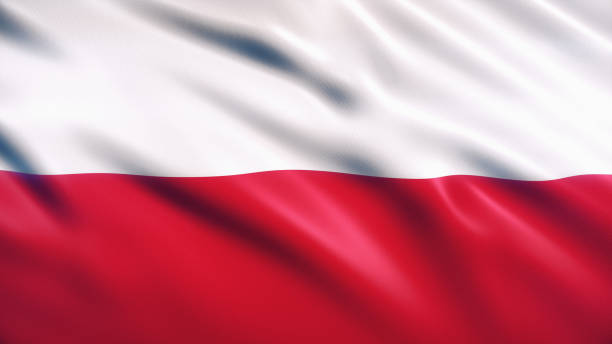The Industrial Property Law governs the legal system of national trademark rights in Poland. The laws governing trademark rights are consistent with the EU Trademark Directive. Following the latest legislative action toward harmonization on March 16, 2019, all adjustments necessary by EU Directive 2015/2436 (16 December 2015) have now been implemented. Poland, being a member of the European Union, also protects EU trademarks under EU Regulation 2017/1001. Trademarks can also be protected by the Fair Trading Act (enacted on April 16, 1993) and the Copyright and Related Rights Act (enacted on April 16, 1993).
A trademark can be applied for and owned by a natural or legal person, as well as by organizational entities that are not legal persons but have legal competence granted by the law.
The applicant or their professional representative may file the application. A natural person may also be represented by a joint owner of a right, its parents, siblings, or descendants, and those linked to the party through adoption. Persons whose place of residence or registered office is not in the European Union, a European Free Trade Association member state, a party to the Agreement on the European Economic Area, or Switzerland must use the services of a patent agent, attorney, or legal counsel.
If a representative files a trademark application, a formal power of attorney signed by the individuals authorized to represent the applicant is necessary. When the initial legal action is conducted, the power of attorney should accompany the papers and be submitted with a document certifying the signatory persons’ authority to represent the applicant.
According to Polish law, a trademark is any indication capable of identifying one undertaking’s products from those of another and that can be demonstrated in the trademark register in such a manner that the extent of granted protection can be clearly and properly defined. The database of possibly protected marks is now available. Words (including surnames), figures, letters, digits, colors, spatial objects (including the design of a product or packaging), and sounds are all specifically included in the Industrial Property Law. Although not officially prohibited, the Patent Office’s official guideline says that scents stay outside of this catalog due to a lack of technology that would allow for them clear and accurate representation in the register.
Trademark registration Procedures
After receiving the application, the Patent Office examines the application to make sure that it meets the formal criteria. If it does not and may be corrected, the Patent Office may request that the applicant do so; otherwise, the proceedings will be terminated.
Two months after the filing date, the following information about the trademark is published:
- the priority date;
- the date and number of the application;
- the list of goods or services for which protection is sought;
- the name of the applicant and his seat; and
- the country code.
Following the disclosure of such information, other parties may comment on the existence of absolute grounds for rejection. The Patent Office examines whether the trademark is eligible for registration while also investigating the absolute reasons for refusal. If the Patent Office does not identify any reasons for refusal, the trademark application is announced in the Patent Office Bulletin. If there are absolute grounds for refusal, the decision refusing to grant the right of protection in relation to any or all of the products or services covered by the application will be published as soon as it becomes final. In the event of a partial refusal, the notification of the application will be published only in respect of the non-disputable products or services once the decision becomes final. In any situation, the Patent Office will only be allowed to refuse to grant the right of protection after collecting and reviewing the applicant’s declaration of the actual grounds.
Third parties may file an objection to the trademark application based on relevant grounds for refusal within three months of the date of publication in the Patent Office Bulletin. In limited circumstances, the opposition may be based on absolute grounds for refusal if the application believes that the trademark is barred from registration under national legislation, EU law, or an international agreement guaranteeing the protection of a geographical indication, designation of origin, a traditional term for wine, or a traditional speciality.
The trademark will be registered if no opposition is filed or if any opposition filed is rejected. If no resistance is filed, it normally takes between seven and eight months from application to registration. The term for opposition procedures should be extended to between 12 and 14 months. If an objection is filed and confirmed to be valid, the Patent Office will refuse to register the trademark.
You can find the list of Poland IP Firms here.
